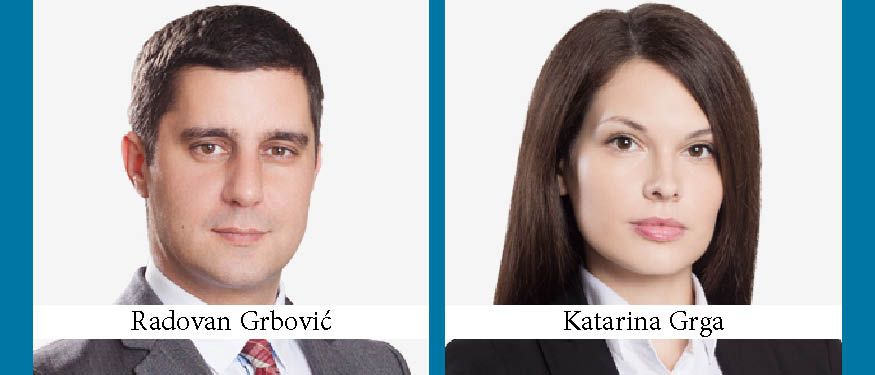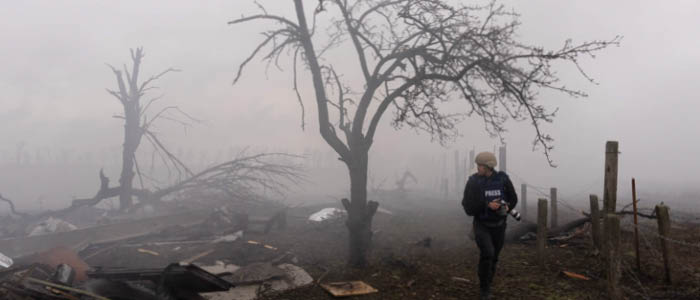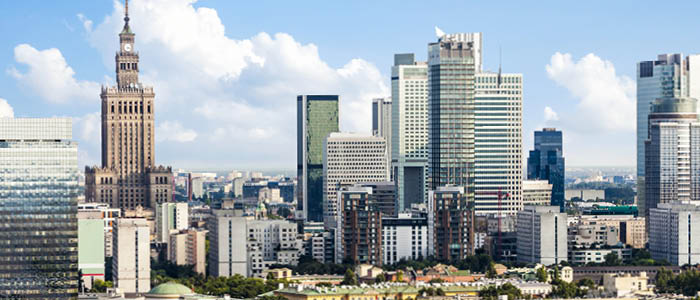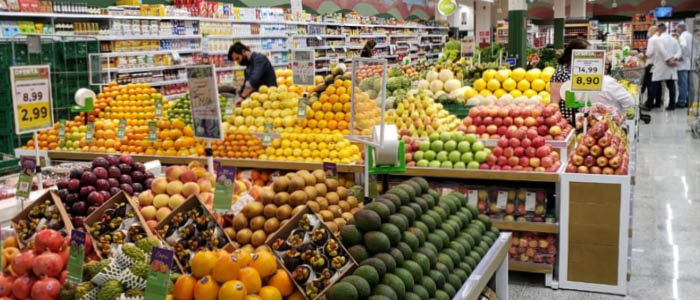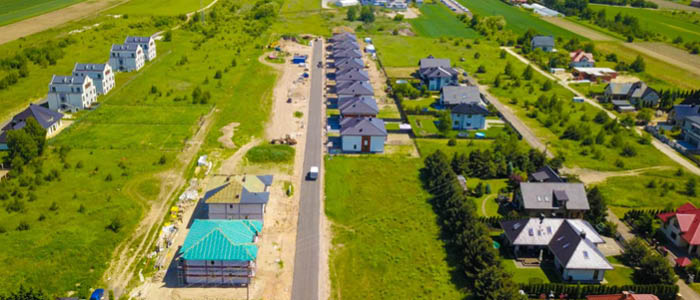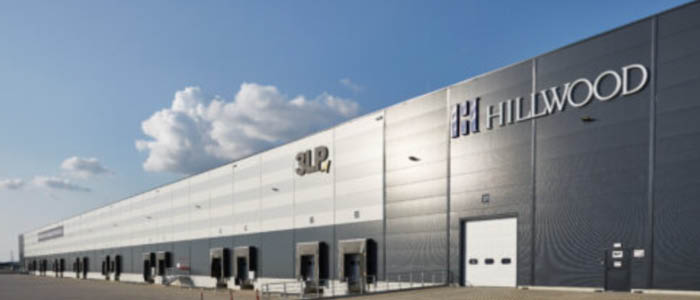According to the Stabilization and Association Agreement between the EU and the Republic of Serbia1 (hereinafter:”SAA”), Serbia has an obligation to address the issue of the acquisition of the real estate property in Serbia by foreign citizens and to enable such practice by no later than the fourth quarter of 2017.
The basic European principle and the entire rationale of EU accession is the free movement of people, goods, services and capital. Therefore, in order to fully enter the EU and become a rightful member of the single internal European market, Serbia is expected to remove the ban of sale and purchase of farmland on its territory for foreign citizens.
Serbia is bound to create a sustainable, liberalized system that would enable foreigners to acquire real estate in Serbia. This obligation is due on 1 September 2017. However, it is still unclear whether such obligation could be enforced and maintained in this constellation of circumstances.
Namely, according to the statement given to “Politika” by the Institute of Economic Sciences of the Republic of Serbia (hereinafter: the “Institute”), it is hypothetically possible for Serbia to request another extension of the period of time necessary for proper application of agreed standards. Such position of the Institute is based on the study conducted for the purposes of Serbian negotiations on accession.
These conclusions are drawn mainly from the fact that none of the Member States that had to transition to a market-based economy harmonized with these obligations before actual accession to the EU. Serbia could be the first one to implement such measures before joining the EU. Besides, EU should find a mechanism that would cover this gap and decide whether the status of EU citizens and Serbian citizens would differ in the event of real estate acquisition in Serbia before Serbia joins the EU.2
The fact that Serbia has still not finished the process of restitution is also not negligible and considerably slows down the whole process. Besides, as the Institute iterated in its statement, privatization of former state-owned companies raised eyebrows in certain cases and additionally complicated ownership issues in Serbia. Farmland in Serbia is not duly classified or registered and this problem directly prevents tax authorities in Serbia from controlling potential transfers.
Therefore, this issue is of specific importance and demands prompt action of Serbian authorities. EurActiv Portal already addressed this issue in 2013 and revealed that Serbia is indeed considering the extension of the period of time for another 8 years (starting from 2017) during which foreign citizens would be prevented from acquiring farmland in Serbia. Such information was obtained from the Ministry of agriculture of the Republic of Serbia.3
Finally, this issue requires a meticulous approach that could pacify conflicted interests of individuals and the public interest for preservation of the farmland in the ownership of Serbia and Serbian citizens. After all, as stated by the Institute: “this is a natural, limited resource and once sold, it becomes, practically, the property of another country.”4
- Stabilization and Association Agreement between the European communities and their Member States of the one part, and the Republic of Serbia, of the other part, OJ L 278, 18.10.2013, p. 14–471;
- Ivana Alibunović, “Sve manje vremena za zaštitu srpskih oranica”, 05.01.2017. 08:30h, Politika Online
- Maja Poznatov, “Predlog da stranci do 2025. ne mogu kupovati zemljište”. 31.08.2013, EurActiv.
- Supra, 2
By Radovan Grbović, Partner, and Katarina Grga, Associate SOG / Samardzic, Oreski & Grbovic

